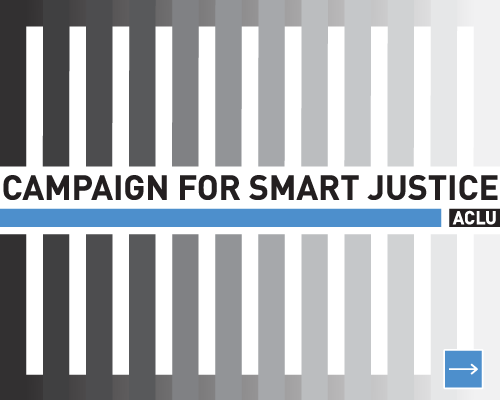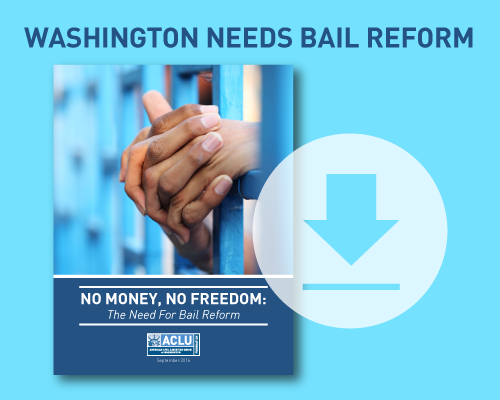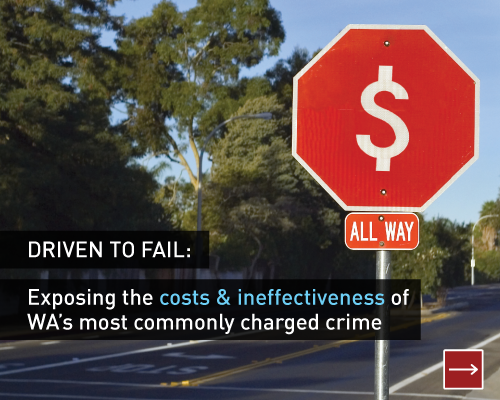Published:
Monday, October 18, 2010A recent story about a college party in tiny Roslyn, WA, in which nine people were taken to the hospital for possible overdoses, has received national media attention. It’s alleged that drinks at the party were spiked with drugs (possibly Rohypnol, aka “roofies”), although authorities are still awaiting toxicology reports. If students were indeed drugged without consent, let’s hope law enforcement catches up with those responsible. However, a less talked about and equally disturbing aspect of the story is that “not one person chose to call 911."
This is unfortunate on several levels, but most glaringly because Washington state recently enacted a law specifically designed to deal with this type of situation. The 911 Good Samaritan law works as follows: If you think you’re witnessing a drug overdose and seek medical help, you will receive immunity from criminal charges of drug possession. The overdose victim you’re helping is protected, too. Calling 911 is always the right response.









